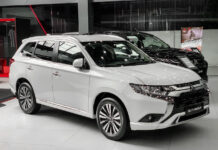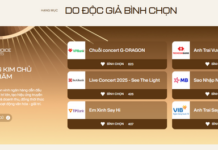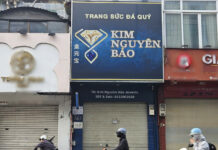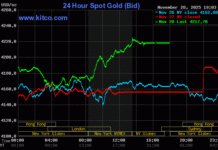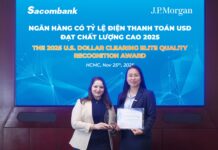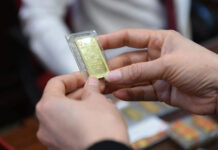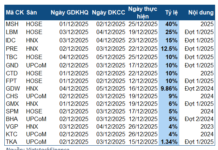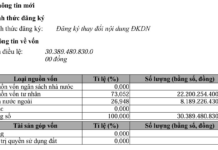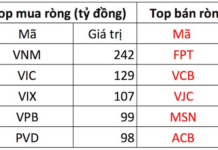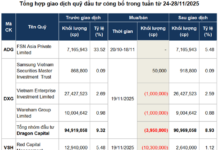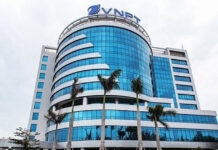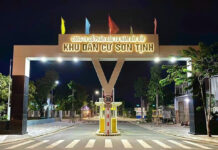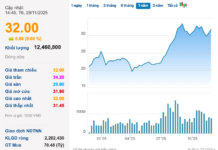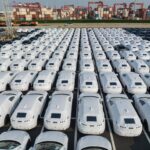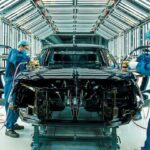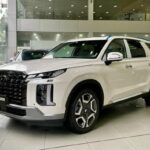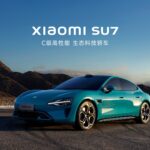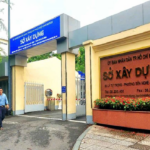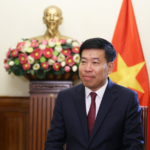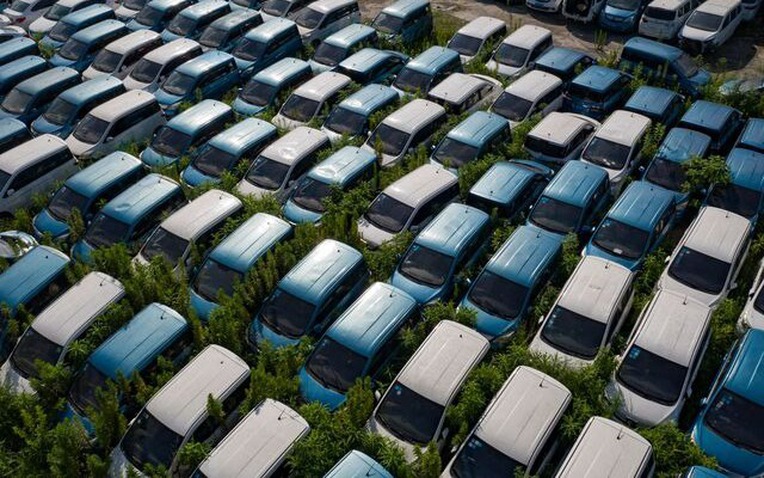
China’s Electric Vehicle Industry: Boom in Production, but Facing Crisis
China’s electric vehicle (EV) industry has reached an impressive milestone, producing its 10 millionth EV in 2024, surpassing last year’s numbers by 4.3%. However, amidst this growth, experts are concerned about overcapacity. According to China Business News, around 15 EV startups in China have gone bankrupt or are on the brink of bankruptcy, with a total unused capacity of up to 10 million vehicles per year.
The shift from gasoline to electric vehicles has also left the traditional automotive industry with labor and production surplus. Forecasts predict a continued sharp decline in gasoline vehicle demand in the coming years, further intensifying pressure on China’s entire automotive supply chain.
Despite a 34% increase in domestic EV sales in the first ten months of 2024, accounting for over 50% of total industry consumption, the “oversupply and under-demand” conundrum persists. A report from China’s online investment publication, Gelonghui, reveals that the country’s EV battery production is expected to reach 4,800 GWh by 2025, four times the actual demand, posing the risk of widespread overcapacity.
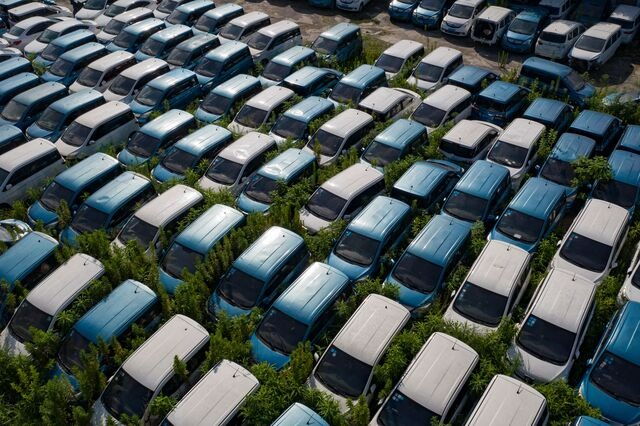
Turning to Vietnam: Solution or Challenge?
With this backdrop, Vietnam, a neighboring market with growing car consumption, is seen as an ideal destination to offload inventory. According to Vietnam Customs, the number of completely built-up cars imported from China doubled in the first ten months of 2024, reaching 24,613 units. Brands like BYD, Wuling, Chery, and Lynk & Co. have been aggressively expanding their presence in Vietnam, even establishing nationwide dealer networks.
However, contrary to expectations, most Chinese car brands in Vietnam are struggling to sell. Many do not disclose sales figures, but unofficial data suggests that most dealers sell only 2-3 cars per month. Some distributors have expressed disappointment, finding it challenging to recoup their investments in dealership networks through sales.
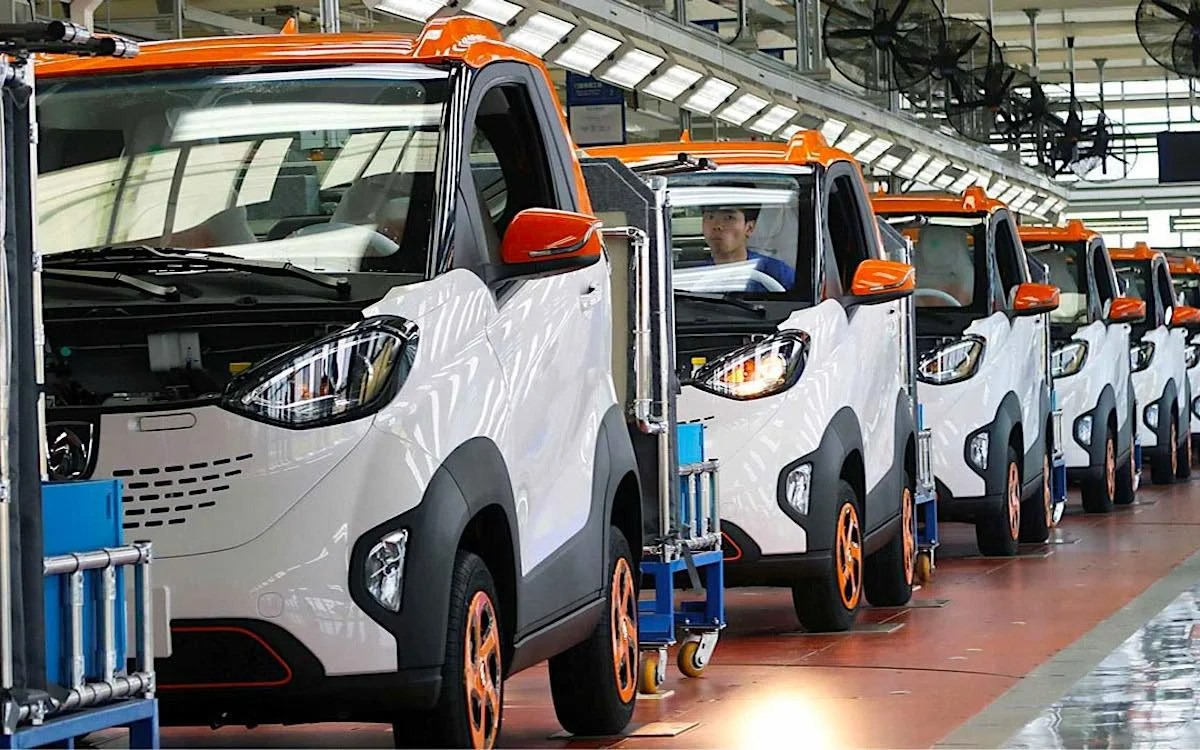
Affordable but Questionable Quality
Faced with intense price competition, many Chinese automakers have cut production costs, directly impacting product quality. Reports indicate that Chinese car models frequently experience technical issues, lack safety features at high speeds, and use cheap materials. They are also criticized for shortening testing procedures, with new cars undergoing only 20-25 tests instead of the international standard of 150.
In Vietnam, consumers still hold prejudices against “cheap Chinese goods.” Additionally, Chinese automakers’ after-sales services have disappointed customers with slow parts replacement and unprofessional warranty processes.
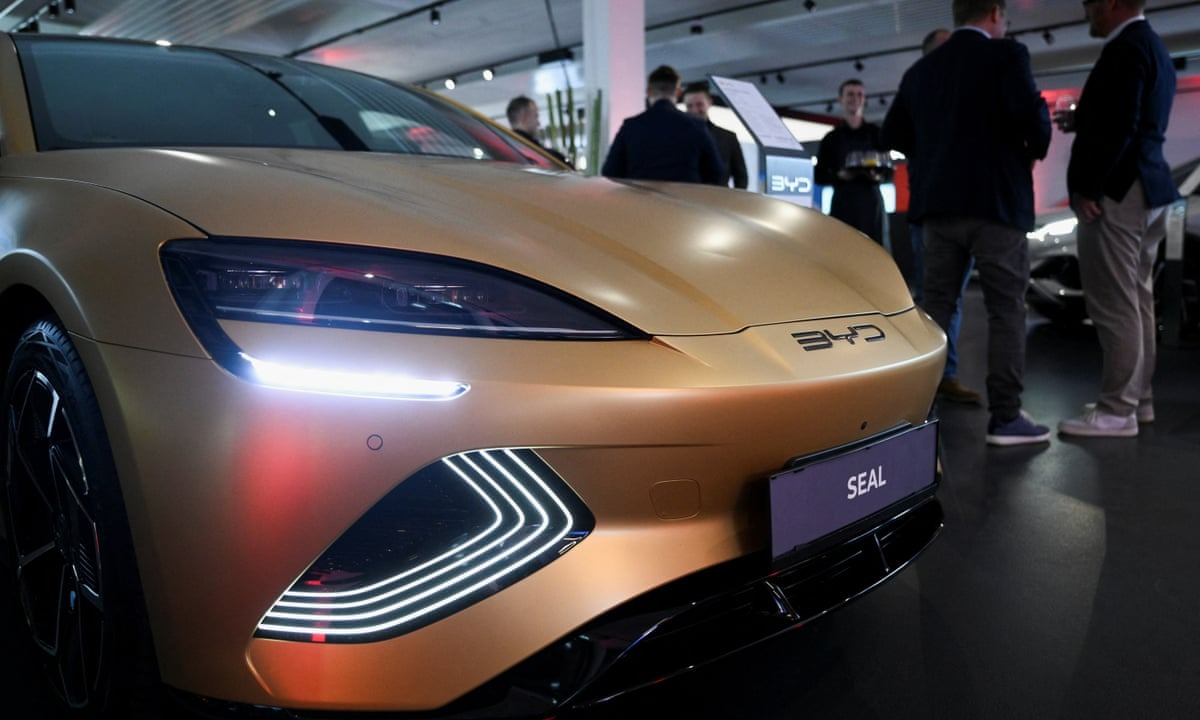
The Risk of a Price War
Overcapacity in China’s EV market could lead to a price war in Vietnam as automakers resort to drastic price cuts to boost sales and clear inventory. A notable example is the Wuling Hongguang Mini EV, which underwent a significant price reduction, with some versions dropping by over 50 million VND just months after its launch in Vietnam. This creates an expectation of further price drops, making buyers cautious and more likely to wait for future discounts rather than purchase immediately.
The Haval H6 faced a similar situation, forcing the company to implement aggressive price cuts to stimulate demand. With a reduction of up to 300 million VND, the selling price became 850 million VND, a much more attractive proposition. However, even with the price cut, Haval H6’s sales performance remains questionable, as sightings of the model on the roads are rare.
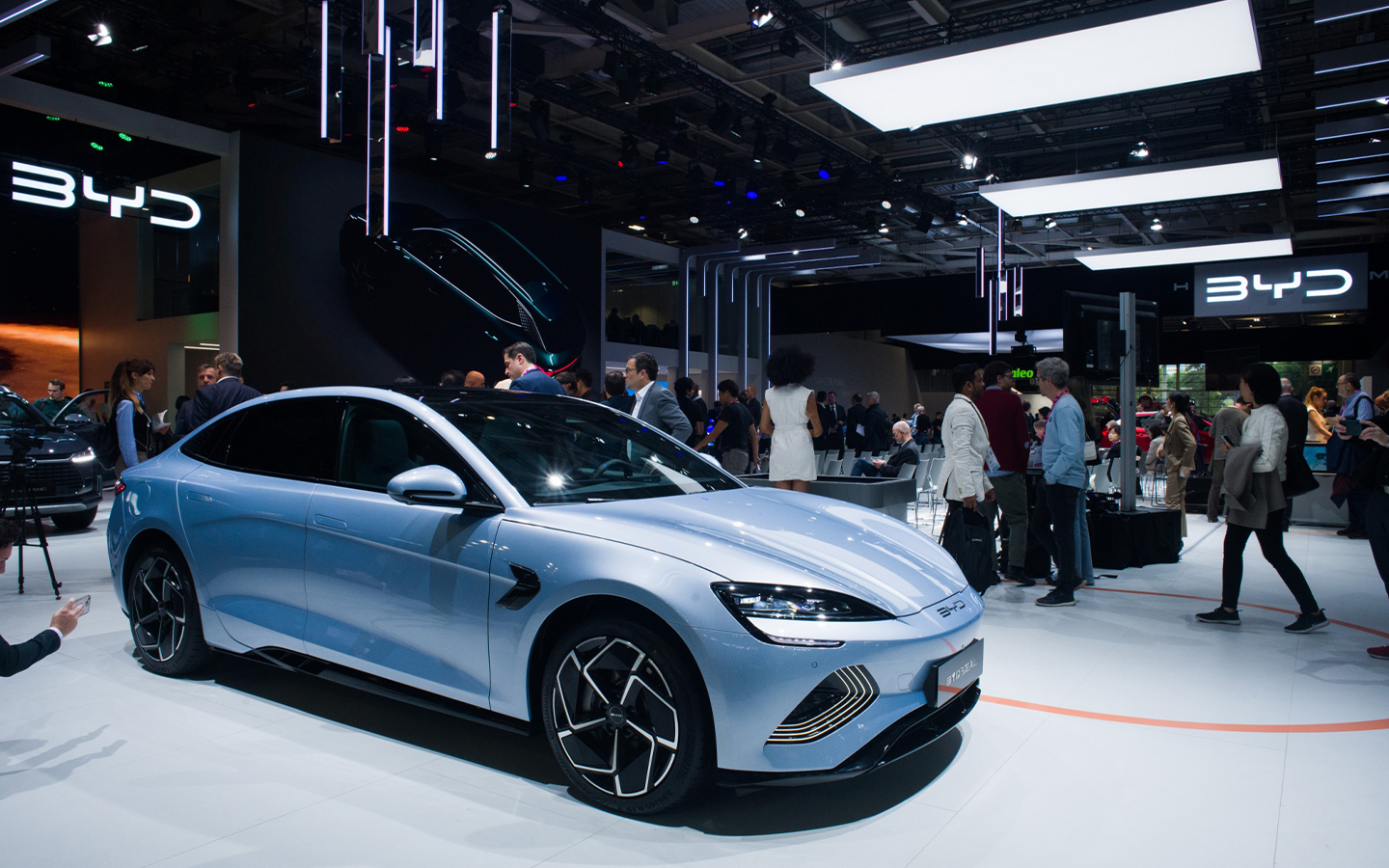
In Thailand, BYD faced a similar backlash when it reduced prices by 340,000 baht (approximately 233 million VND). This left existing customers feeling aggrieved, worrying about a further drop in their cars’ resale value and retention. The dissatisfaction has even led some Thai car owners to consider a class-action lawsuit against the company to protect their rights.
The consequence of these pricing strategies is a shaken confidence in Chinese EV brands, leading to consumer hesitation in purchasing decisions. This not only impacts sales figures but also damages the brands’ reputations and trustworthiness in the eyes of customers.
Some experts suggest that Vietnam should implement protective measures similar to those in the US, Canada, and the EU, such as increasing import taxes or setting up technical barriers, to safeguard its domestic market. Without such interventions, the influx of Chinese vehicles could create chaos in Vietnam’s automotive market.
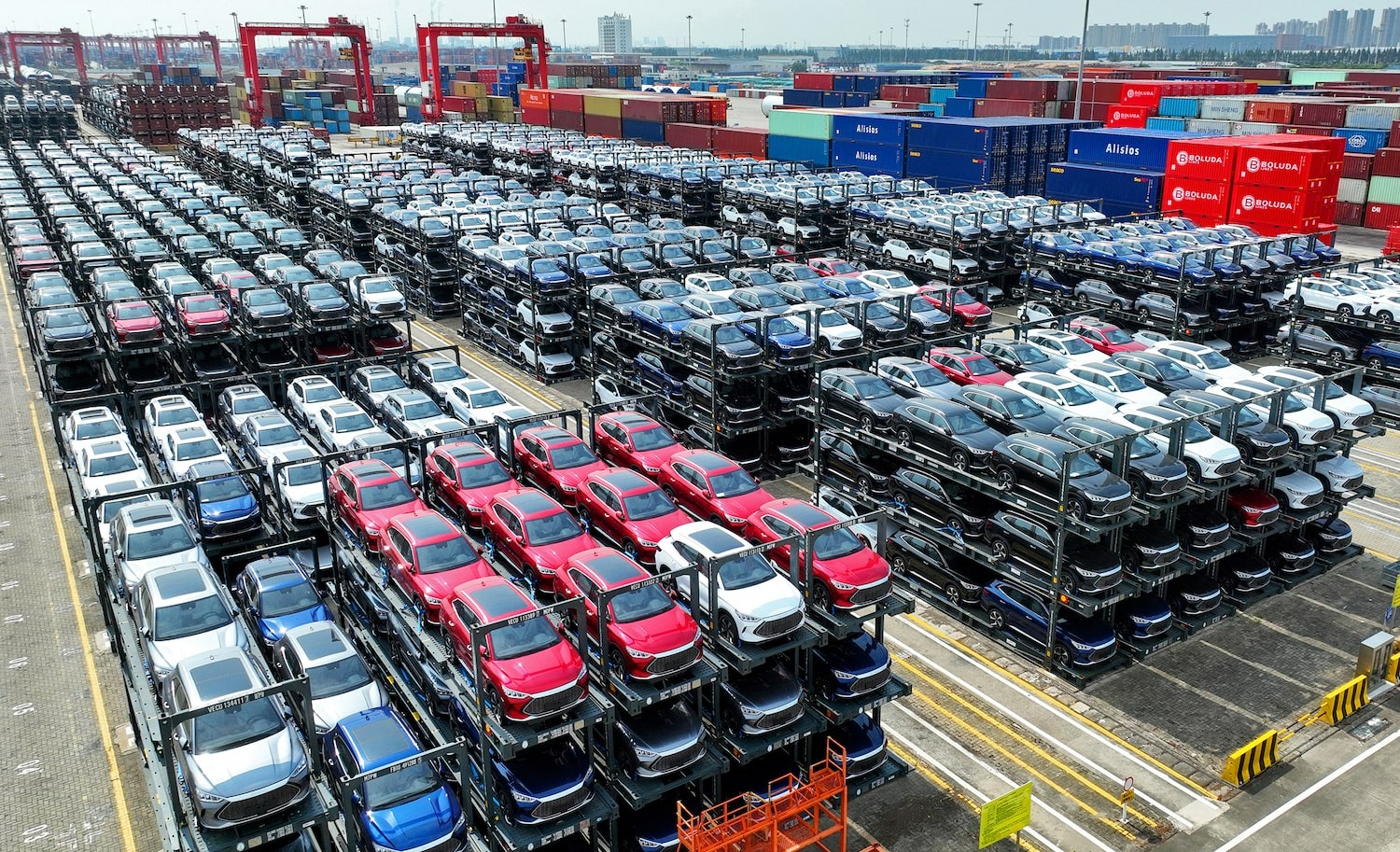
China’s EV industry is in a phase of rapid but unsustainable growth, with the “overcapacity ghost” looming large. While it is inevitable that Chinese automakers will seek to enter the Vietnamese market, challenges related to quality, services, and consumer prejudices remain formidable barriers. To ensure stability in Vietnam’s domestic automotive market, more effective import management policies are needed, protecting not only consumers but also fostering the sustainable development of the local automotive industry.
The Price War is Over: How Can Vietnamese Retailers Revive the Market for the iPhone 16 Launch?
This year, retailers are shifting their focus towards optimizing the user experience, from the shopping journey and product usage to after-sales care, moving away from the traditional price war strategy.
Hyundai Models on Sale: Massive Discounts to Make Way for Newer Versions
The Hyundai range, including the Santa Fe, Tucson, and Palisade, is now available with enticing discounts and accessory packages from select dealers. These offers provide an excellent opportunity for customers to experience the renowned quality and performance of Hyundai vehicles at even more attractive prices. With these deals, Hyundai is making a strong statement about its commitment to delivering value and an exceptional ownership experience.



